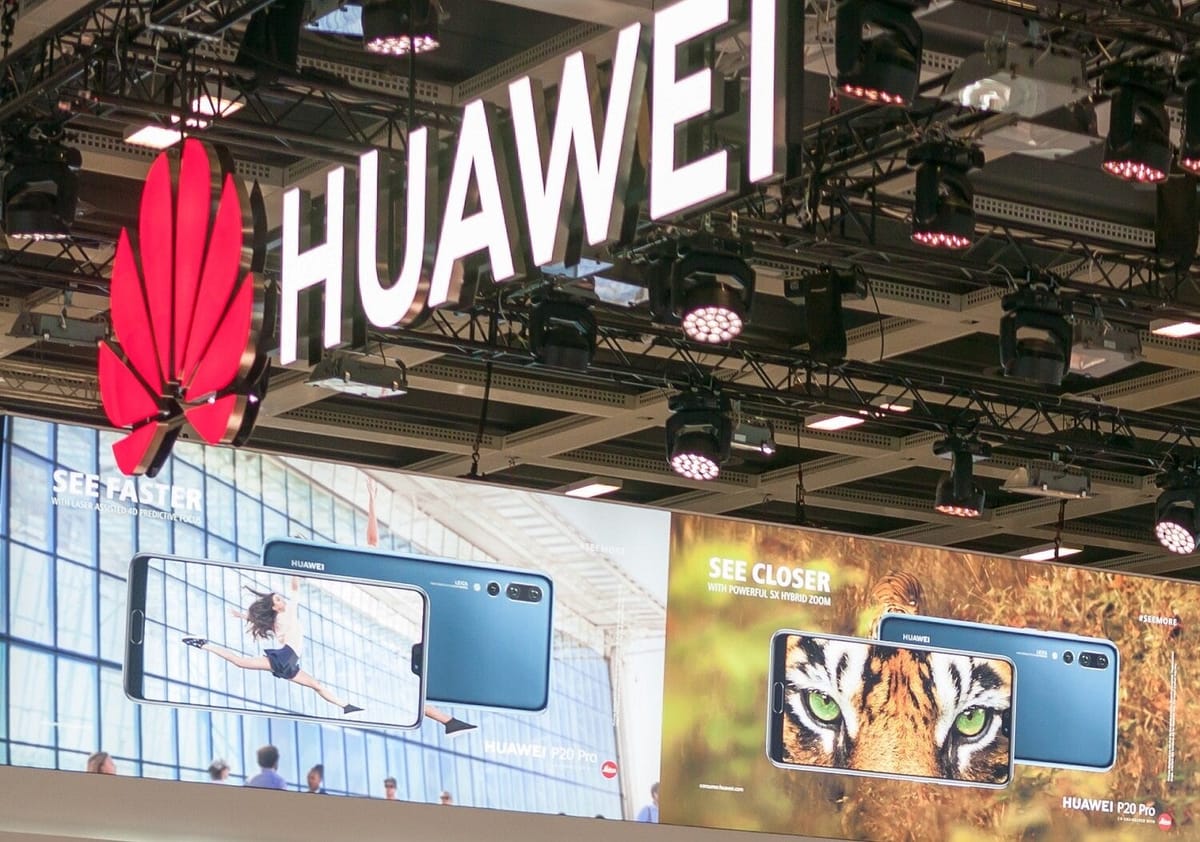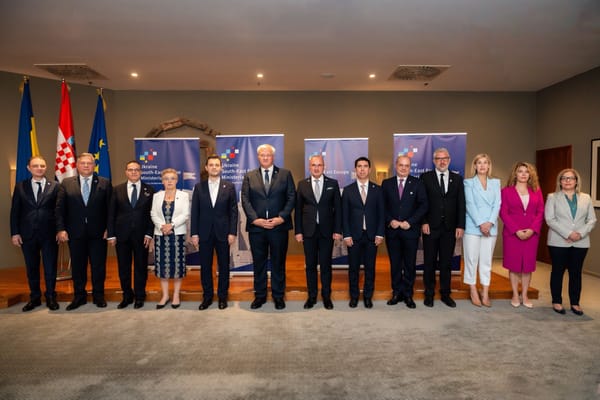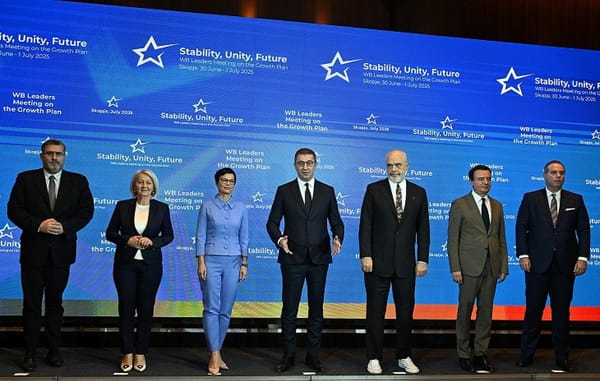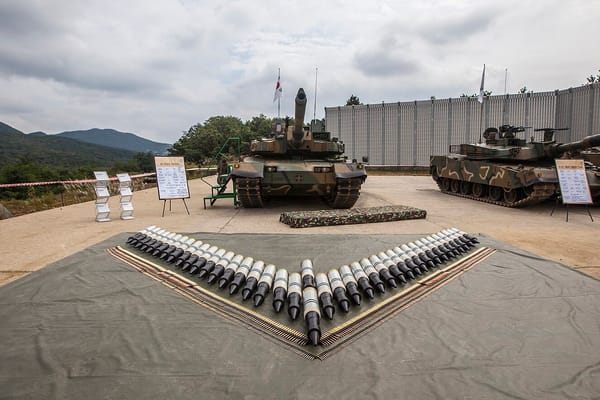
Hungary MOU with Huawei angers US
A memorandum of understanding (MOU) signing between Hungary’s 4iG and China’s Huawei, both controversial companies close to their respective governments, has provoked anger from the US government.
Huawei and 4iG say they want to play a pivotal role in the global race for high-speed 5G data transmission. The companies’ potential projects reflect their broad range of activities including telephony, building a data centre and IT infrastructure, and technological research.
US meets 4iG
The US government met Gellert Jaszai, the head of 4iG, and expressed their concerns about Huawei, which has been subject to restrictions in Western countries over potential cyberattacks and espionage activities, and the company’s close connections to the Chinese state. Huawei denies these allegations and may challenge them in court.
Jaszai pointedly said the comments may merely represent opposition to a telco such as 4iG expanding its influence via Huawei’s technology “in the heart of Europe”.
Last week Hungarian Prime Minister Viktor Orban was the only EU leader to attend the third One Belt and Road Forum in Beijing, where Chinese President Xi Jinping greeted him as a friend, but back in Europe saw Hungary’s loyalty to the EU and the US questioned once again.
The first Western leader to back Donald Trump’s presidential campaign in 2016, Orban has since had an uneasy relationship with that election’s eventual winner, US President Joe Biden.
4iG eyes more Balkans projects
In recent years 4iG has expanded into the Balkans, buying telcos in Albania – it may also help to construct a submarine cable linking the country to Egypt – and now collaborating with the Montenegrin government on a 5G network.
The partnership the two companies’ could have implications for Hungary’s diplomatic relations with the US and the role of technology in global geopolitics, Hungarian business website G7 predicted.





